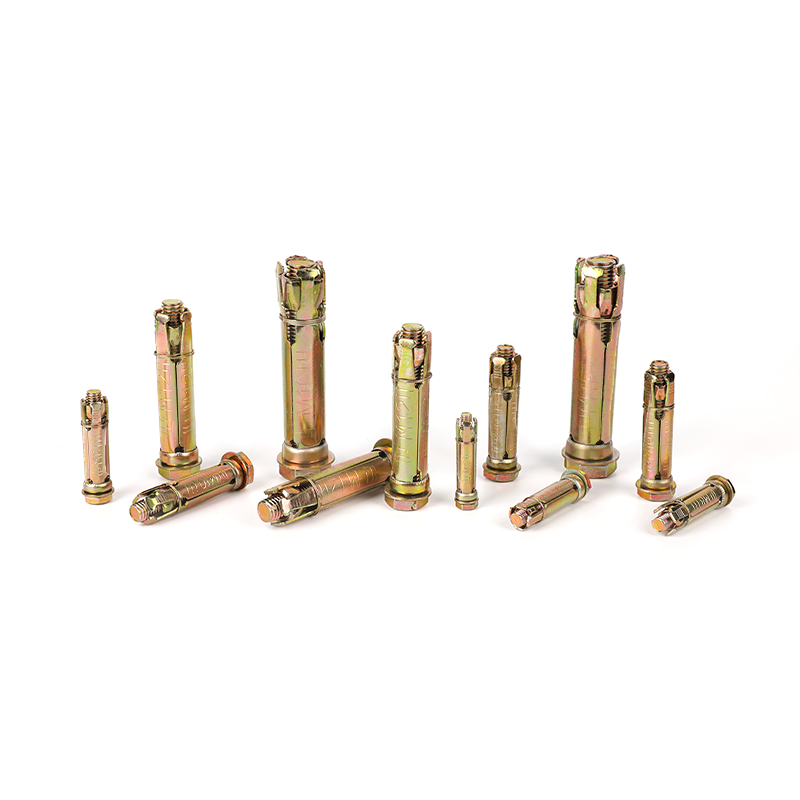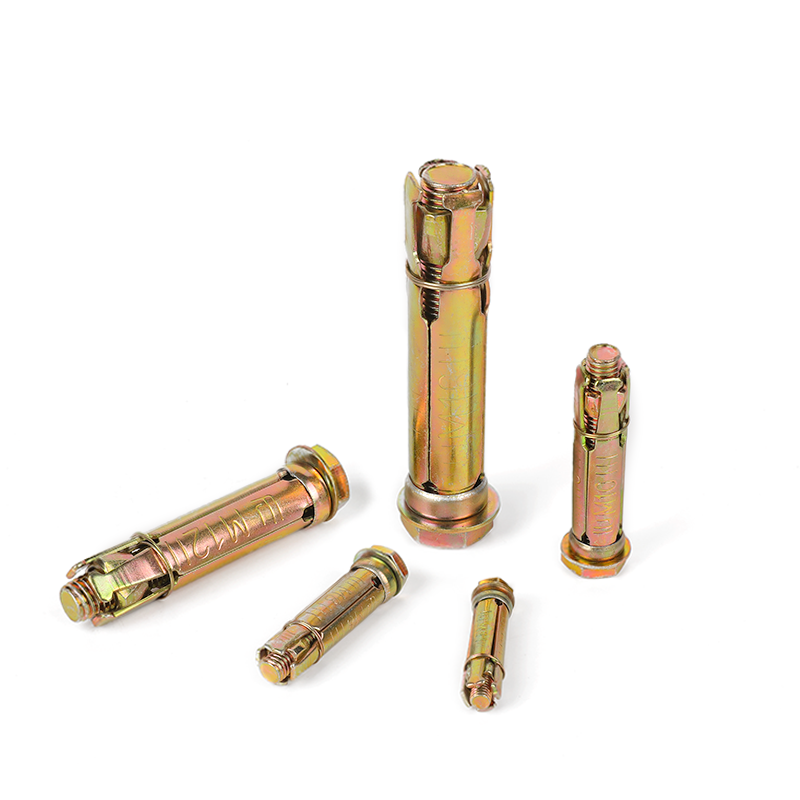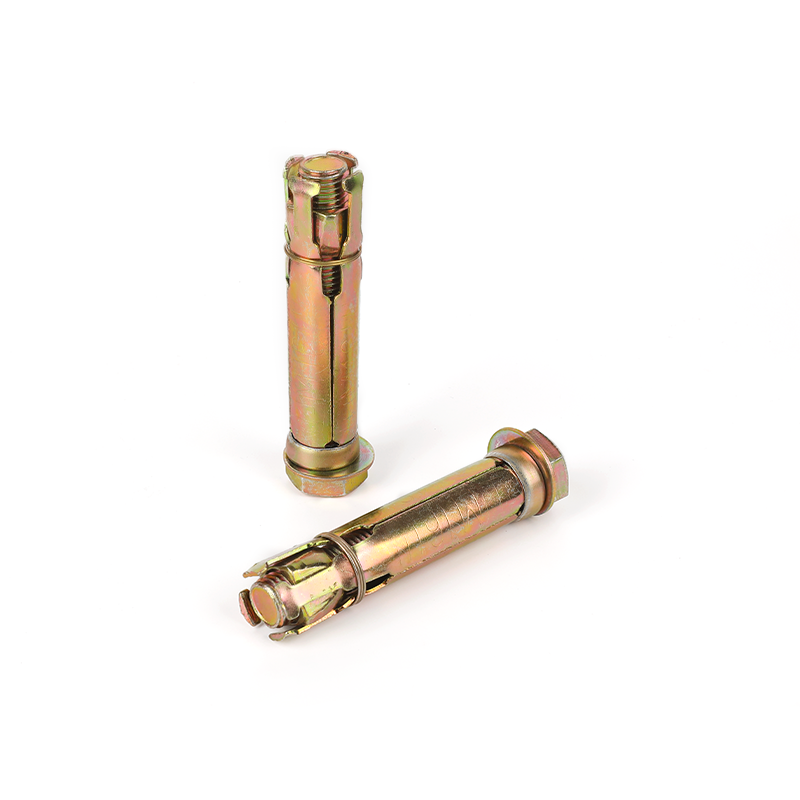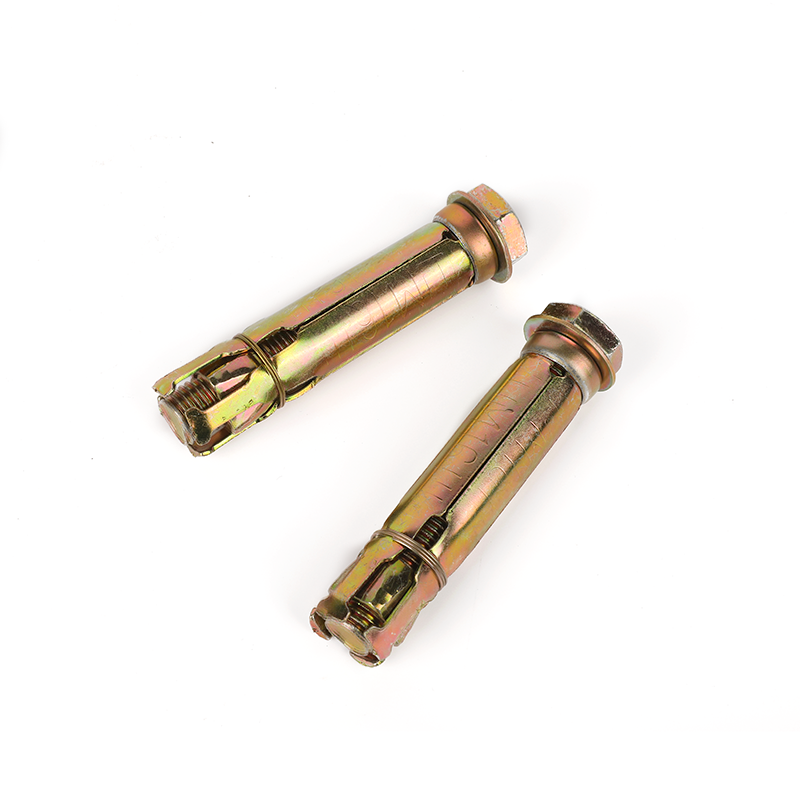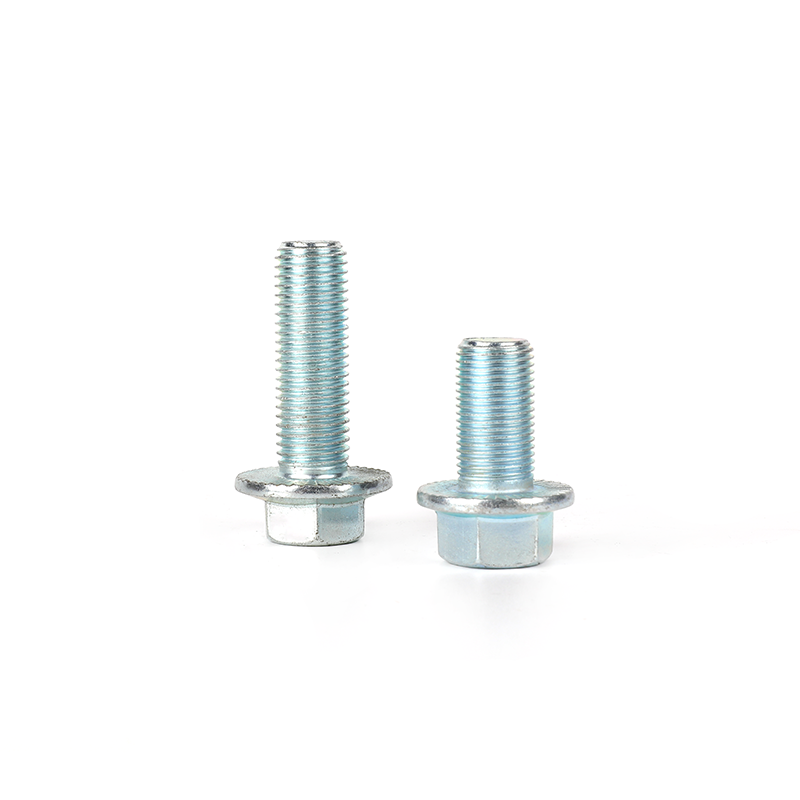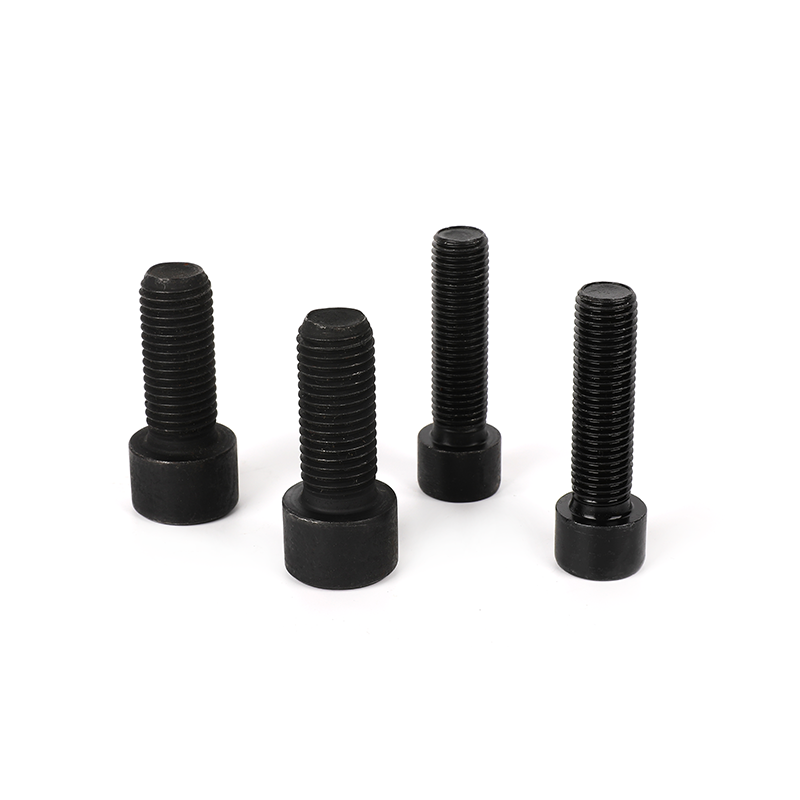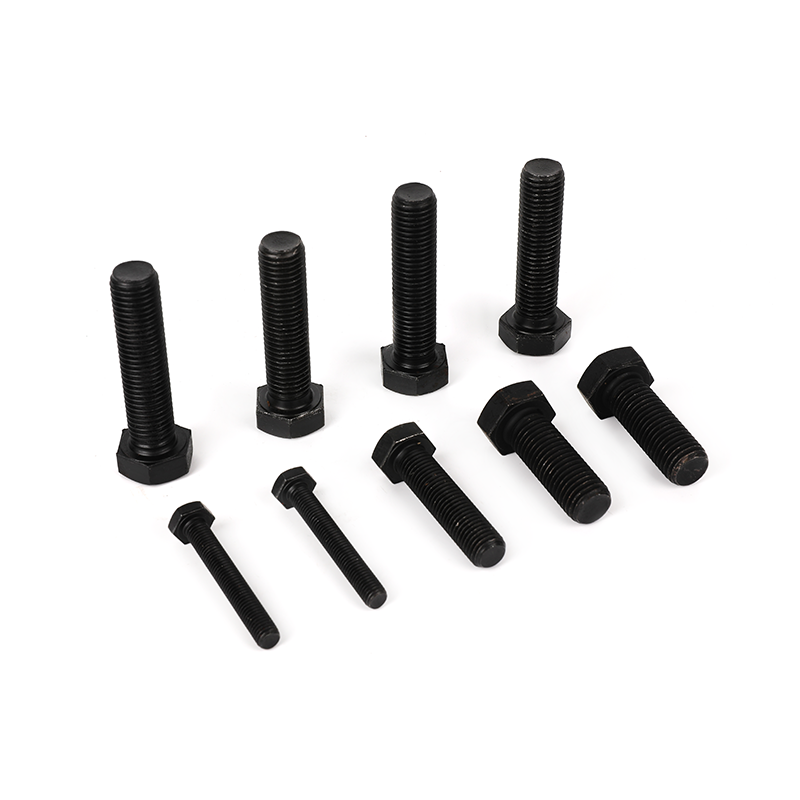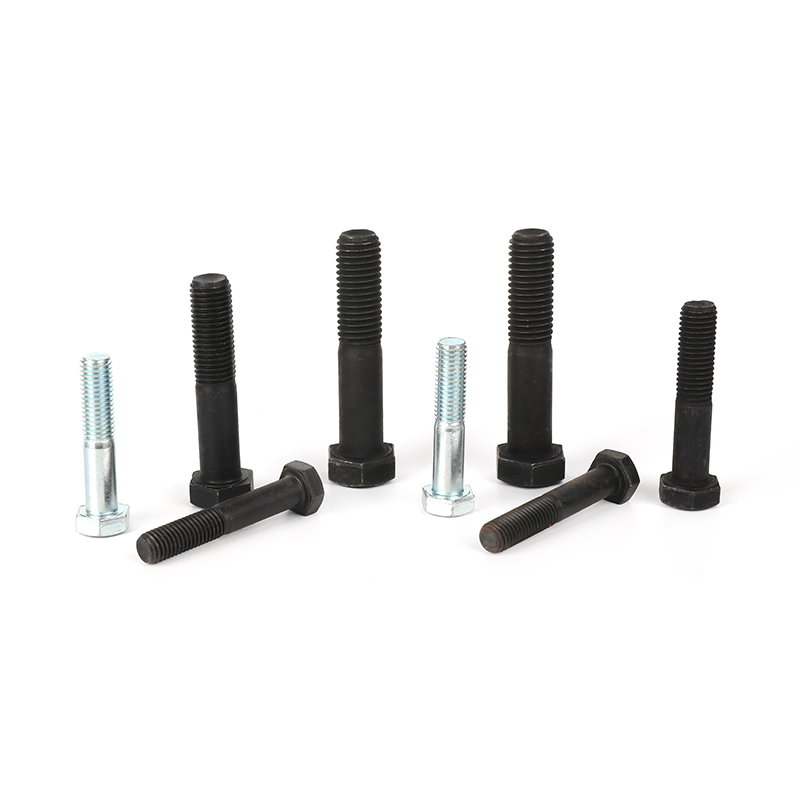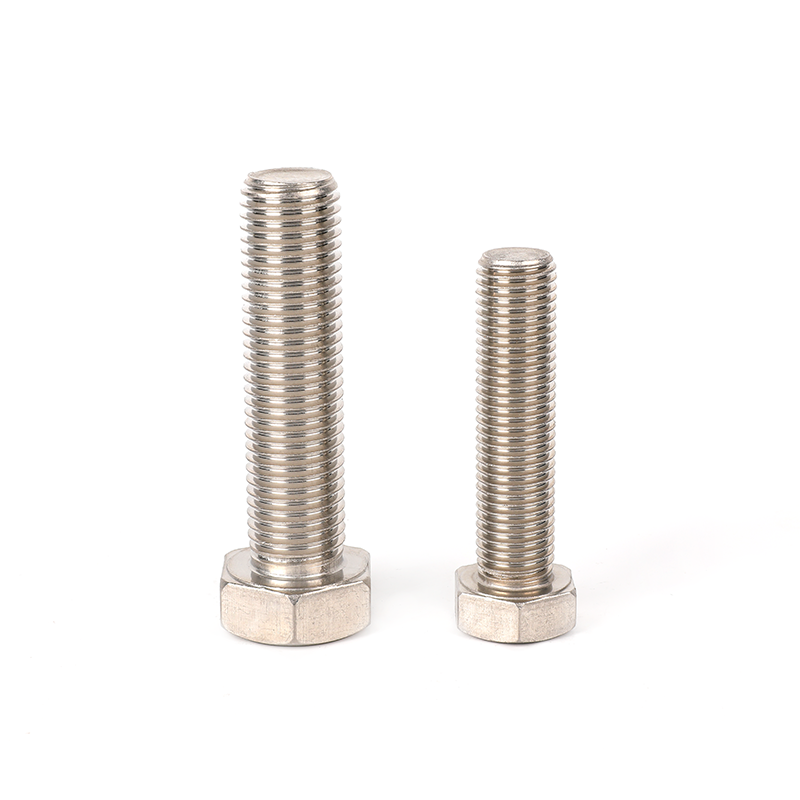How to enhance the surface durability of 4 PCS carbon steel zinc plated heavy-duty fix anchor bolts
Optimal Zinc Plating Thickness:Ensure that the zinc plating is applied with an optimal thickness. Thicker zinc coatings generally provide better corrosion resistance and durability. Adherence to industry standards for zinc plating thickness is crucial for achieving desired performance.
Surface Texture and Coating Design:Consider incorporating specific surface textures or coatings designed for enhanced durability. Depending on the application, coatings with wear-resistant properties, such as zinc-nickel alloy coatings, may provide improved surface durability.
Corrosion Inhibitors:Include corrosion inhibitors in the zinc plating formulation. These inhibitors can enhance the ability of the zinc coating to resist corrosion over an extended period, contributing to the overall durability of the anchor bolts.
Additional Protective Coatings:Apply supplementary protective coatings or sealants over the zinc plating. Epoxy coatings, polymer coatings, or clear sealants can provide an extra layer of protection against environmental factors, chemicals, and abrasion.
Hardened Surface Treatments:Consider surface treatments that harden the outer layer of the anchor bolts. Techniques such as case hardening or nitriding can increase surface hardness, making the bolts more resistant to wear and abrasion.
Ceramic or Polymer Coatings:Explore the use of ceramic or polymer coatings that offer exceptional wear resistance. These coatings can provide a durable and protective layer on the surface of the anchor bolts, extending their lifespan.
Shot Peening:Implement shot peening to induce compressive stresses on the surface of the bolts. This process can improve fatigue resistance and enhance the overall durability of the anchor bolts by reducing the likelihood of crack initiation.
Surface Finish Optimization:Optimize the surface finish of the anchor bolts during manufacturing. Smoother surfaces may reduce friction and wear, contributing to improved surface durability.
Regular Maintenance and Inspection:Establish a regular maintenance schedule to inspect the condition of the anchor bolts. Promptly address any signs of wear, corrosion, or damage to prevent deterioration over time.
Material Selection for Specific Environments:Consider the specific environmental conditions in which the anchor bolts will be used. Choose materials and coatings that are best suited for the given environment, taking into account factors such as humidity, temperature, and exposure to corrosive substances.
Usage Guidelines and Limits:Communicate clear guidelines for the proper use and limitations of the anchor bolts. Ensuring that the bolts are used within specified load capacities and environmental conditions can contribute to their long-term durability.
Anti-Corrosive Lubricants:Consider using anti-corrosive lubricants during installation. Lubricants can reduce friction during assembly and provide an additional layer of protection against wear and corrosion.


